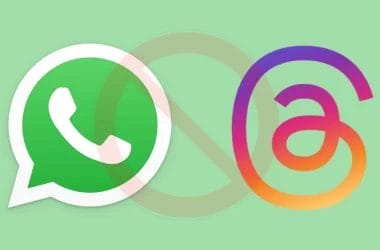Android and Windows users will now be able to join FaceTime when invited by an Apple user. This marks the most surprising and impressive announcement by Apple during its Worldwide Developers Conference.
Apple has since its existence, granted 100 percent app exclusivity to its users, which is why this move comes as a slight shock. According to industry experts, the decision is a reckoning of the competitive benefits that come with making its software accessible to non-Apple customers.
Speaking on the diversity, the senior research analyst at DA Davidson, Tom Forte said, “Apple seems to be more willing than it has been historically to open up some of its services outside of its [hardware] ecosystem as a way to drive adoption, and also as a way to compete more effectively against other large scale tech players such as Facebook and Google.”
Beyond that, the move could be designed to help with Apple’s antitrust woes. “It puts them in a better light from a regulatory perspective,” said Angelo Zino, senior equity analyst at CFRA Research. “The more inclined they are to opening up the ecosystem to other external parties, the better they look.”
There are however speculations that Apple may not grant complete use of the feature to Android and Windows users due to the peculiarity of iMessage in which, unlike the traditional (Android) messaging apps, users can react to text messages and see when friends are typing. Not leaving out the end-to-end encryption that guaranteed utmost privacy.
Analysts have advised that Android users shouldn’t be completely welcoming to the non-Apple version of iMessage because of the influence the app controls in getting more individuals to buy Apple products, maintaining that it can be intrusive.
“Apple is taking a very pragmatic view on what apps it extends beyond Apple devices,” said Geoff Blaber, CEO of CCS Insight. “FaceTime faces greater competitive pressure from video conferencing rivals and has more utility if it’s available across platforms. The same isn’t the case for iMessage which is a deep part of the Apple experience and the ‘continuity’ between iPhone, iPad, and Mac.”
With Apple’s decision to bite more into the open software market share with iMessage, a lot is left to be seen of the impact of this decision. Nonetheless, WhatsApp remains at the very top of the food chain because of its versatility with devices, making itself a default choice for users.
As an Amazon Associate, TechCity may earn a small commission if you shop these products.
















